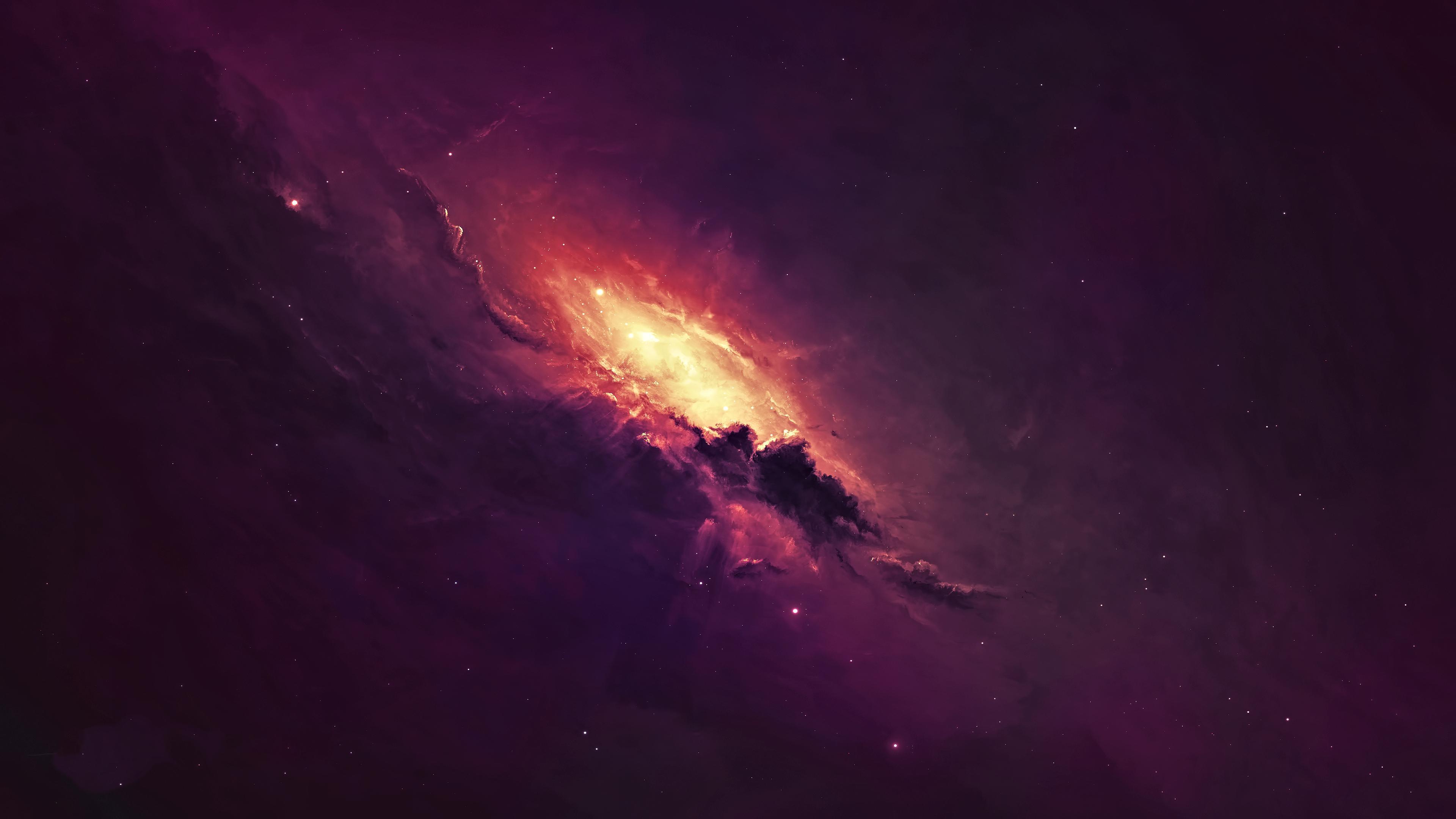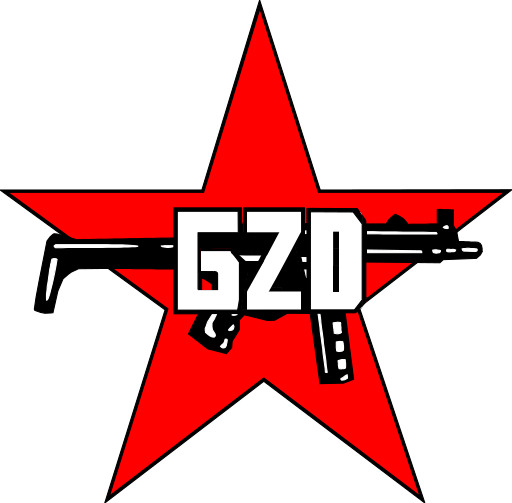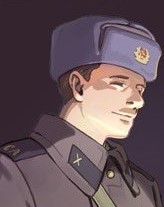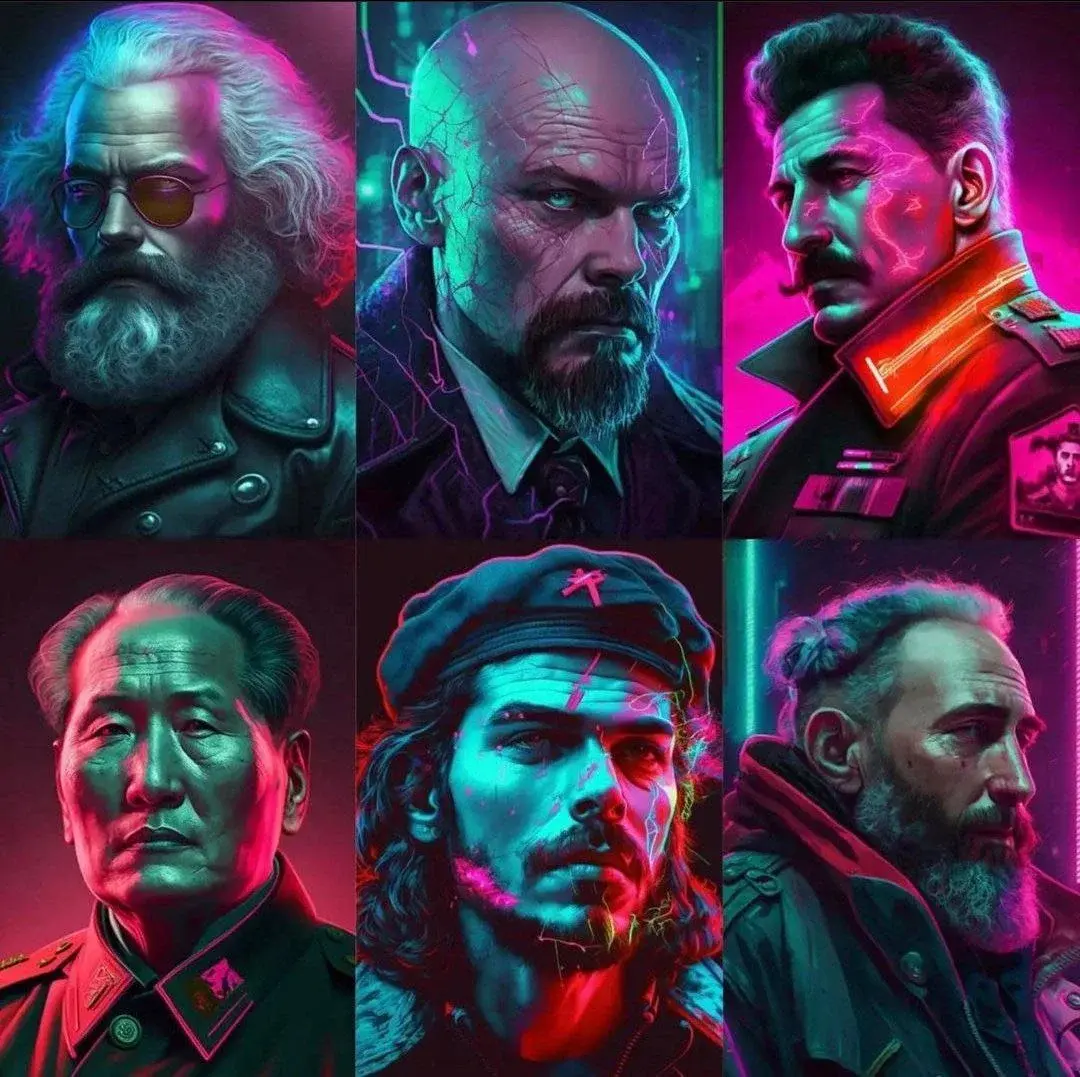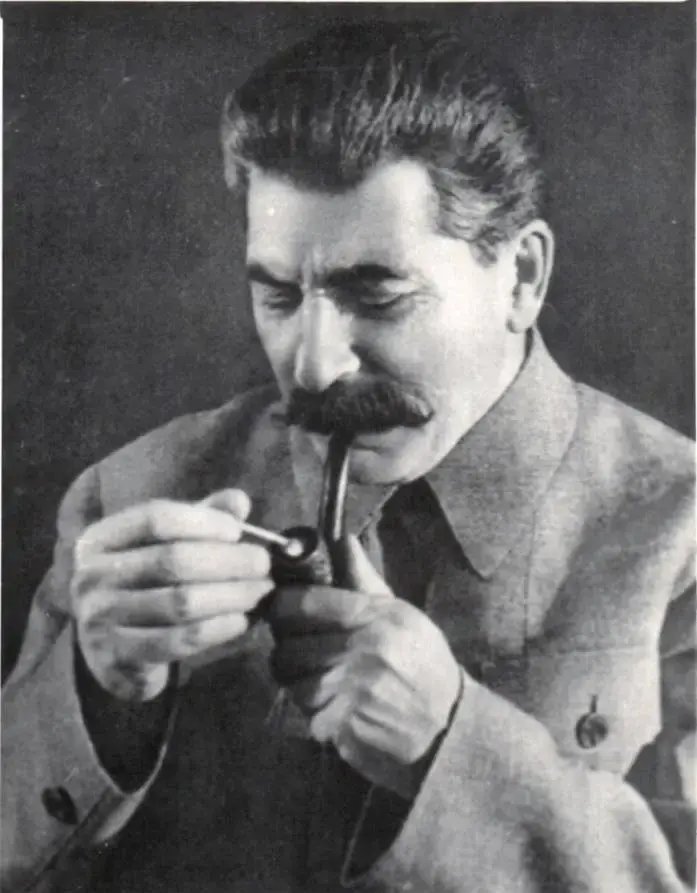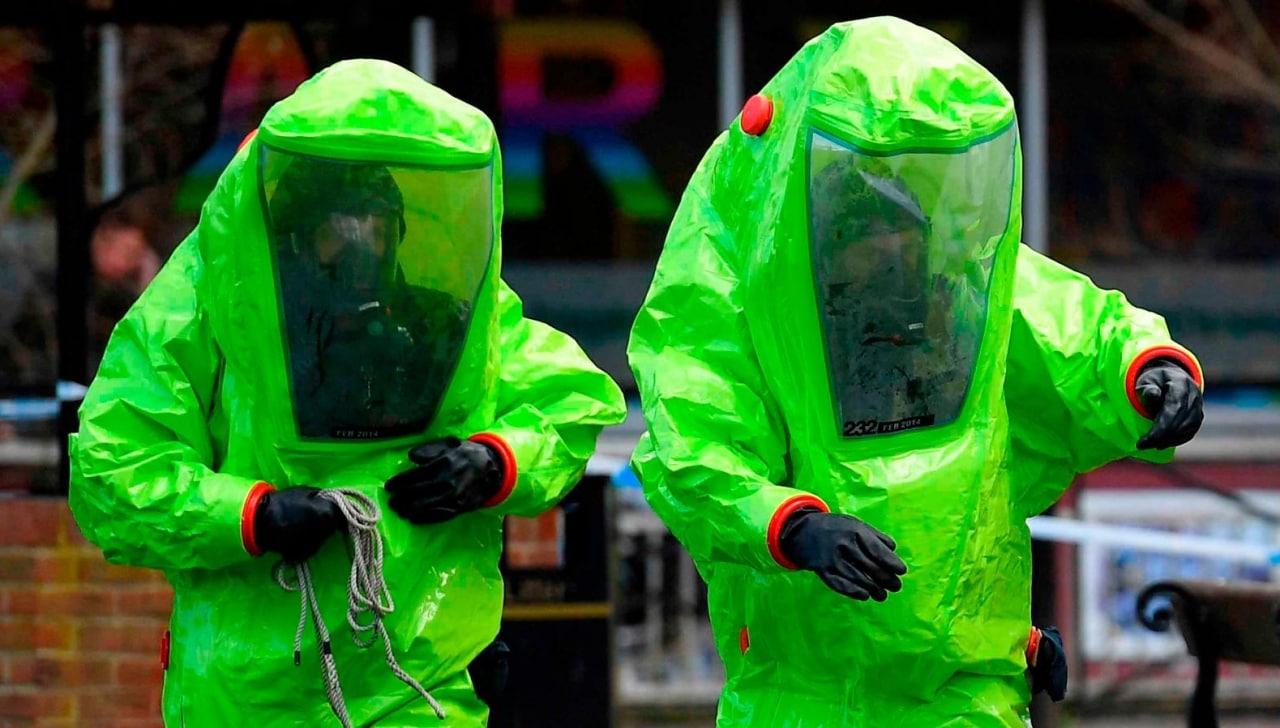I’m doing a presentation on the soviet union for school soon and i would like to know all your opinions on this.
I’ve got: an over-bloated bureaucracy (which was prone to corruption), rural poverty (which is very unfair as basically all countries have rural poverty- difference is that some countries actually help these people), and a lacking light industry that led to economic dissatisfaction from the populace.
I might share the PowerPoint here for your feedback although its very small as its for a vocational exam that is only a few minutes
Not nuking pizza hut
I’m not certain that the huge expenditure on the arms race could have been avoided but it certainly didn’t help the USSR economically.
Brezhnev went overboard with that, and the invasion of Afghanistan, no matter how justified, was a very crippled move.
Wasn’t the USSR invited by the Afghan government?
They technically were, but they also immediately regime changed the country by killing the head of the Afghan government right after moving into the country, so that invitation isn’t the best angle to approach this from.
Well, shit. Can you recommend a reliable source about the invasion?
Unfortunately I haven’t really saved any, so can’t recommend one right now. Most of the stuff you can find on it is obviously heavily biased, so not sure what the best entry point would be. If you want to do some reseach though, the leader I was talking about is Hafizullah Amin, the operation to assassinate him is called Operation Storm-333.
Thanks!
This is an inaccurate depiction. It was Taraki, the original leader of the Saur Revolution, that invited the USSR in the country, not Amin. Then Tarakis protege, Amin, killed him and took his place. Amin began bloody purges and centralized power around him. He also promoted pashtun nationalism, which scared minorities and increased oppisition to the government. So the USSR killed him and replaced him with the more moderate Babrak Karmal. Now whether this was the right move or not is another discussion, but the story is much more complicated than how you portrayed it.
Nah you’re absolutely right. My comment wasn’t meant to be comprehensive, the situation obviously was much more complicated than that. I just wanted to point out that the “Afghan gov invited the Soviets” angle is pretty reductive itself, really doesn’t do the absolute mess of that situation justice and imo is a dangerous cop-out. Amin himself afaik requested Soviet aid too after Taraki was killed. There were reasons for disposing of him - as you correctly pointed out. But just saying “yeah well, they were invited” is highly misleading in this case.
I mean the invasion was highly contested among Soviet leadership too and they themselves couldn’t agree on military action for a long time. Iirc Andropov was a major opponent of military intervention. That war was and is highly complicated and controversial and really deserves to be wrestled with extensively.
I mean the thing is they were invited tho, and not by the guy they deposed. Besides not helping Afghanistan would have been terribly wrong. You cant just allow the west to massacre people, behead teachers, kidnap and rape schoolgirls, all this in your brotherly socialist neighbour, and do nothing about it. We can discuss whether x or y strategy would have been the best one, but helping the DRA was the right internationalist choice. The afghan people chose socialism freely in 1978, without any soviet help or coercion, since the Daud Khan regime was a USSR ally so they had no reason to overthrow him. In response, they faced unprecedented US aggression. Extremist death squads, school raids, girls being kidnapped into sex slavery, soviet engineers working on infrastructure and their families being beheaded and their heads left on poles, absolute barbarism. Ignoring that when you have the 2nd strongest military in the world is antimarxist.
It’s political model was flawed, it led to successively less people participating in elections. Which promoted corruption in the long run.
Marxism and Leninism weren’t taught in schools, it was barely a part of people’s lives. That was clearly a mistake. It seems people there were as politically ignorant as they are here in the West. Maybe a little less so.
Technically Marxism-Leninism was a part of all higher education programs, no matter if you were into humanities or sciences. The curriculum of the subject, however… Uh… Let’s just say that it was a little detached from reality. Making students write out quotes about evil bourgeoisie or different low-value shit from transcripts of old party meetings is just… Blegh.
Sounds kinda like the ineffective and off the mark manner that racism and fascism are taught to be bad in US schools which I think played a big role in the rise of right wing populist like Trump.
Where can i read more about the political model and why is it flawed?
not embracing computer-assisted economic planning. had they imported the cybersyn team from Chile after the coup and allowed them to revive the experiment, it could have made great advances. this was a few years after the liberal economic reforms of course, so I don’t think the Soviet leadership was all too interested…
Mostly your third point. Light industry should have been expanded on far more than anything else. There was also a lot of gangs and private markets in the latter era. There was a lot of backlog from the party not being efficiently purged to get rid of opportunists. Honestly there wasn’t enough aggressive foreign policy against the United States, they didn’t defend themselves as well as they should have.
Stalin didn’t kill enough reactionaries in Minecraft.
On a serious note read about amendments to Family Code in 1936 (I asked about it here a few days ago). They banned abortion and so on.
Stalin didn’t kill enough reactionaries in Minecraft
What I’m saying is parody satire but with the rising fascism in Europe I might be convinced that this is true in Minecraft
I would criticize state atheism. I understand why it existed, but I think the chinese approach is much more effective. Religion should be controlled so as to avoid extremism, cults, chauvinism, etc. but I don’t think that outright banning it did the USSR any favours.
That only existed for a brief period during Lenin’s rule tho, then Stalin relaxed it and brought back the church - this time, as you said, controlled by the party. Anyways, the reason why Lenin cracked down on the church so hard is not because of any sort of atheist fanaticism, but because the church was so incredibly reactionary(promoting cult of personality around Tsar,“divine right of kings” shit - just totally brainwashing peasants to be obedient) and literally a part of Tsarist state. The new church formed by Stalin had to follow the party line, and from then on the USSR wasn’t really all that repressive when it comes to religion.
State Atheism was cool, at least to me. It is an old ruling structure, from an age long dead.
Gorbachev
If the Soviet Union had a different leader than Gorbachev that would have continued it, then it would have been smooth sailing after 2008. The US or the EU/UK would have collapsed back then already, like it’s doing now.
The Soviet Union had always been the weaker nation during the 20th century due to not having the best fossil fuel of the 20th century, coal.
So it needed to spend a lot of money on it’s military and media to keep things together. Gorbachev didn’t do that and as a consequence the Soviet Union fell apart.These days the best fossil fuel is natural gas.
Guess who has the most of it?Kruschev started the collapse, gorby just gived the final blow.
One of the criticisms of the Soviet Union that I have is how they failed to properly anticipate and react to Germany which resulted in the disasters of 1941 with millions of people being sent into German camps and prisons
I can’t blame them for that, it’s because Hitler acted in a really unpredictable way lol. Stalin never thought Hitler could possibly be crazy and stupid enough to repeat the crucial mistake which lost WWI for Germany - opening up a war on two fronts at the same time. He was sure that Hitler would only turn his attention eastwards once the western front had been completely settled - a completely reasonable judgement at the time…
It tried to make an anti fascist pact. Keep in mind that the nazis attacked in the midst of Soviet Rearmament, and if they had attacked in a year or two, would have been met with insanely overpowered resistance. Soviets were still one very young union of lands, they couldn’t do everything.
I found this article where the author waxes on about what he’d wish for a new Union State interesting. He mentions some of the things most liked and disliked about life in the USSR.
Corruption and opportunism slowly infiltrated the party after Khrushchevs coup (see the “anti party group”, aka principled MLs like Molotov who tried to vote Khrushchev out, so he got the tanks and staged a coup). His revisionist “destalinization” filled the party with opportunists and corrupts, whose only merit was “hating Stalin hard enough”. Also the liberal reforms made in the 1970s were bad, since they delegated economic power to the directors of enterprises, increasing corruption. They should have automated the central plan instead, using the OGAS or the Cybersyn projects as basis for it.
Too much centralization of power, first around Stalin, then around the party bureucracy.
i’d argue that decentralization is the primary issue, you see the same shit happening in china today, with local governments turning themselves into what are essentially little fiefdoms with overly redundant bureaucratic structures to dissipate responsibility and protect the powerful.
something something fractal structures need to be pruned, like trees.
Power wasnt centralized at all lol (except in the Khrushchev era). Even the CIA admits Stalins powers were quite limited and power was very decentralized. Even more so during the Brezhnev era, when the “compromise principle” was applied, meaning that for every decision an agreement between all Central Committee and Politburo members would have to be reached, so as to avoid factionalist disputes.


